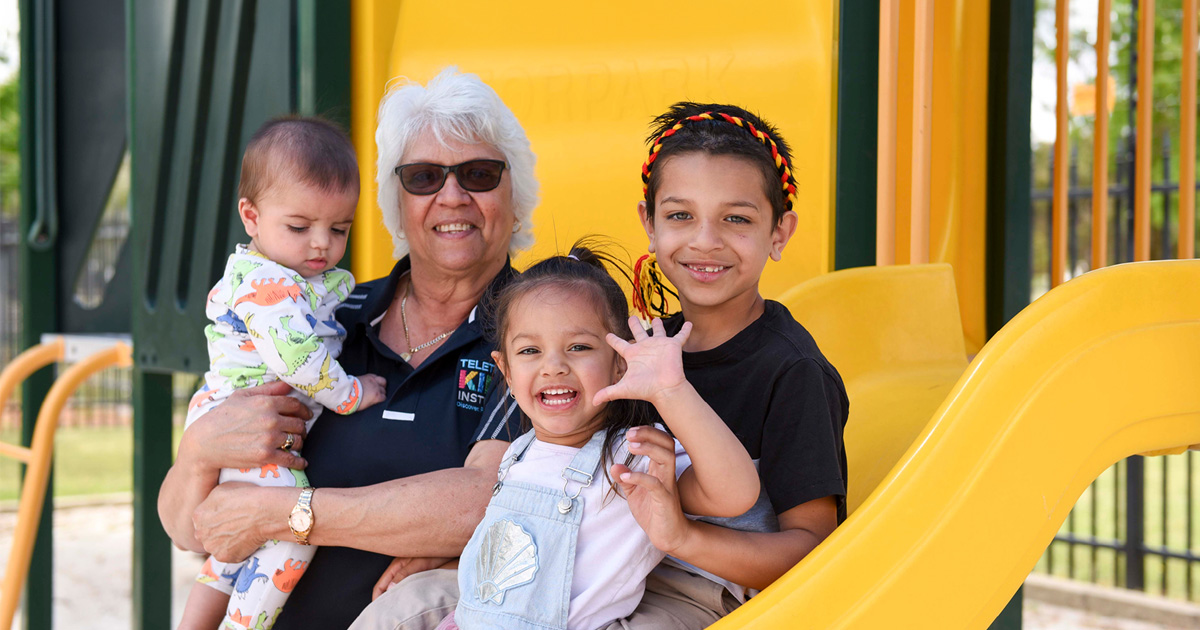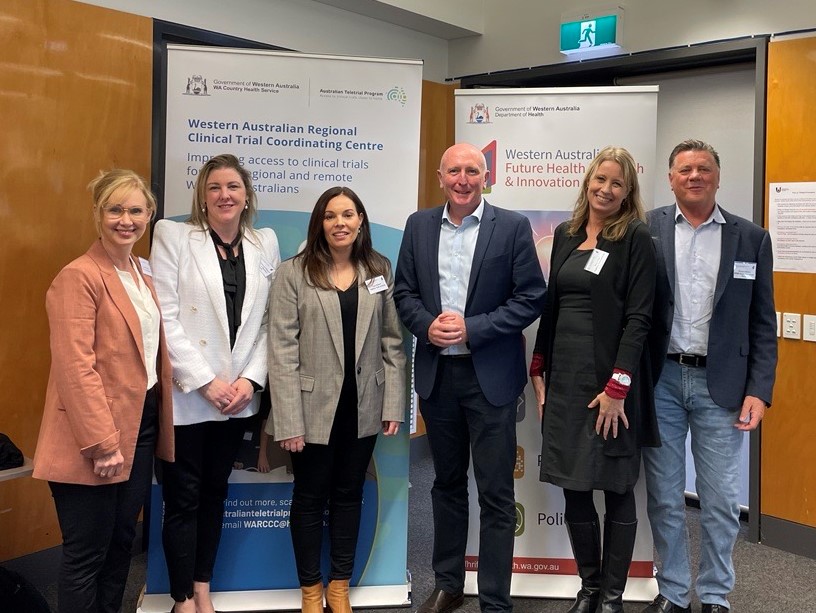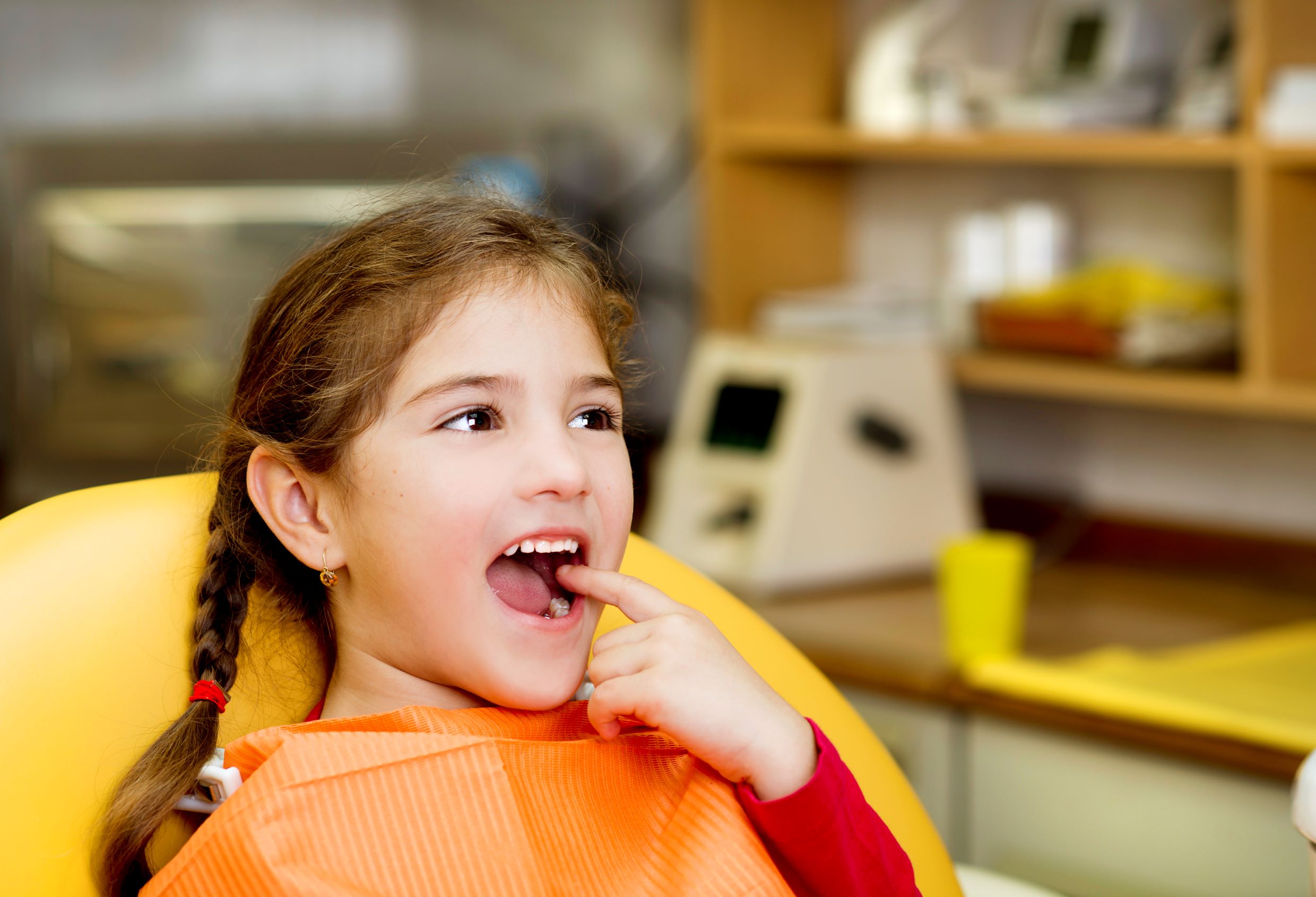Search
Contact us If you'd like to get in touch, please contact Marie Nadal-Sims by phone or email. Phone: (08) 6319 1001 Email: IICPerth@thekids.org.au All

A decade long partnership with Wesfarmers Ltd. and the Wesfarmers Centre of Vaccines and Infectious Diseases has led to world-class paediatric research and important collaborations fuelling the Centre’s trajectory towards easing the burden of infectious diseases.
The essential facts that all parents should know
The Centre is committed to supporting high quality research by providing support for researchers to undertake activities of high priority to the WCVID.

The ultimate goal of ORIGINS is to reduce the rising epidemic of non-communicable diseases through 'a healthy start to life'.

News & Events
Major milestone for Early Moves; a key sub-project of ORIGINS investigating early signs of learning difficulties in babiesGround-breaking WA-led study, Early Moves has hit a major milestone, with 3,000 participants successfully recruited over a four-year period.

News & Events
WA Cohorts Network welcomes FHRI Funding AnnouncementThe State Government has launched the new WA Cohort Studies Research Project Support Program, recognising the value and importance of the three major cohort studies in WA.

News & Events
New funding supports program to create "happier" parentsNew funding from Channel 7 Telethon Trust is allowing ECU researchers to work with ORIGINS families to investigate how parents and their babies can best be supported in the first year.

News & Events
Dental screening app shown to have potential to help remote familiesORIGINS' Dental Screening project has completed its feasibility study, showing that the tested smartphone app, enabling remote screening of children's teeth by dental professionals, has the potential to help remote families access dental care, among other benefits.

News & Events
Important information about COVID-19 protocol for ORIGINS participantsDue to the evolving COVID-19 situation in Australia and requirements outlined by the WA Government, we need our families to be aware of how this effects ORIGINS and our participants.
